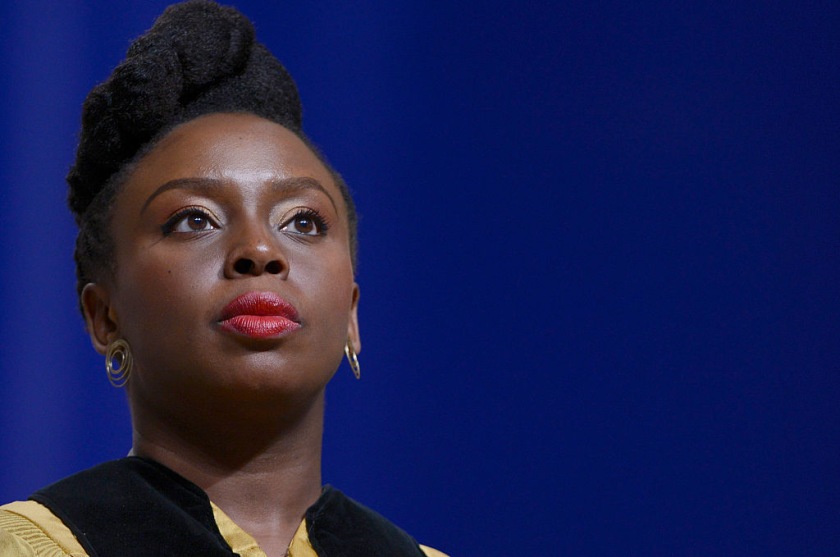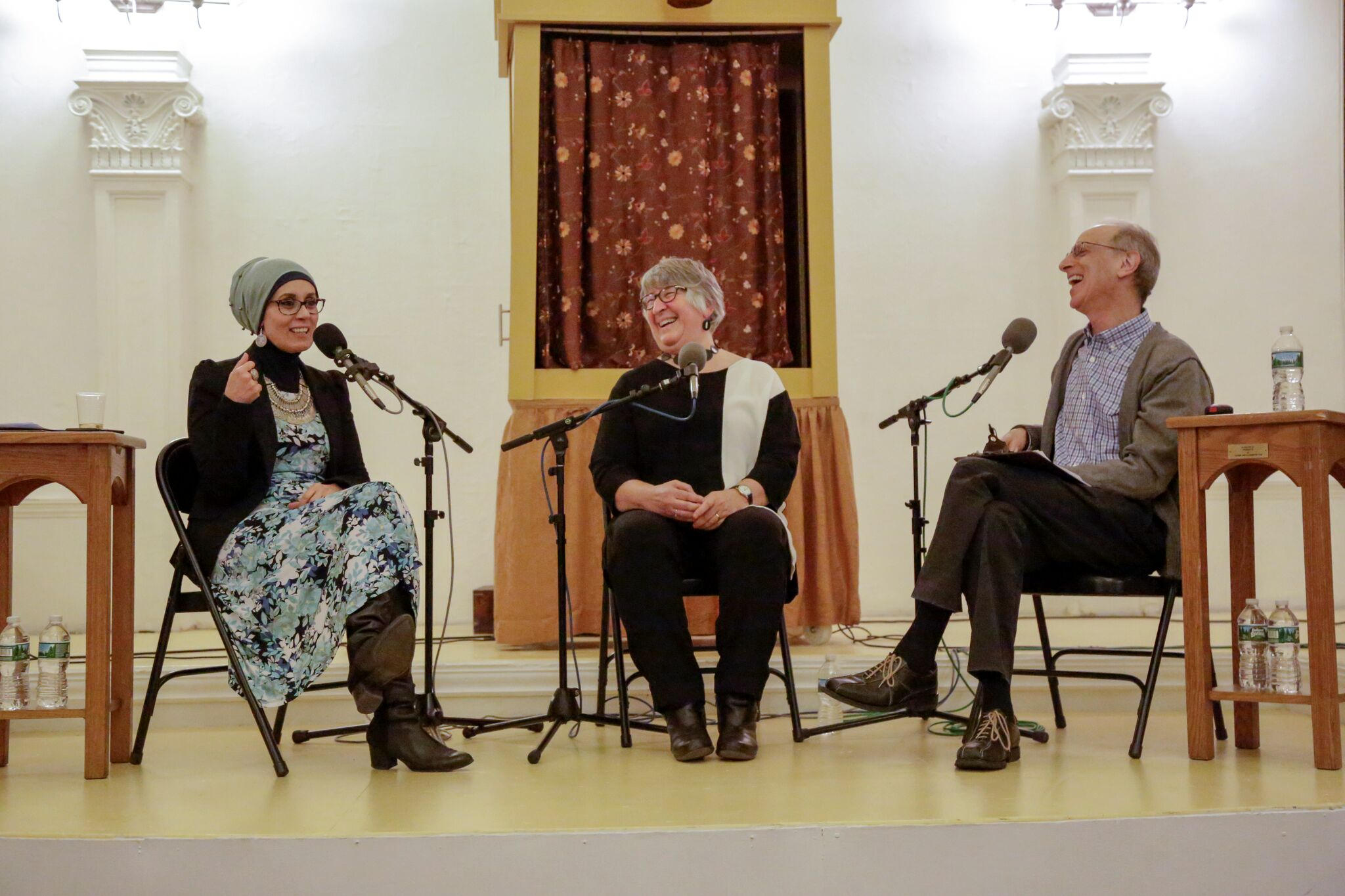In 2013 Beyoncé’s track “Flawless” hit the music world — hard. Sprinkled throughout the track were samples of award-winning Nigerian writer Chimamanda Ngozi Adichie’s speech entitled “We Should All Be Feminists.” It wasn’t long after that the internet was flooded with the pop star’s feminist stance and Adichie’s role in it.
Recently, three years after the song’s release, Adichie was asked about the song by Dutch newspaper de Volkskrant ahead of the Dutch translation of her TED talk.
“… Beyoncé is a celebrity of the first order and with this song she has reached many people who would otherwise probably never have heard the word feminism, let alone gone out and buy my essay,” she told the paper.
She went on to say that, at the time, she was surprised by the huge response. The press wanted to know more about her involvement and many asked for interviews.
“I felt such a resentment,” Adichie laughed. “I thought: are books really that unimportant to you? Another thing I hated was that I read everywhere: now people finally know her, thanks to Beyoncé, or: she must be very grateful. I found that disappointing.”
During the paper’s interview with Adichie she made it clear that Beyoncé’s “type of feminism” was different from her own.
“As it is the kind that, at the same time, gives quite a lot of space to the necessity of men,” Adichie said. “I think men are lovely, but I don’t think that women should relate everything they do to men: did he hurt me, do I forgive him, did he put a ring on my finger? We women are so conditioned to relate everything to men. Put a group of women together and the conversation will eventually be about men. Put a group of men together and they will not talk about women at all, they will just talk about their own stuff. We women should spend about 20 per cent of our time on men, because it’s fun, but otherwise we should also be talking about our own stuff.”
And it’s here that we see the stark contrast between the type of feminism Beyoncé sings about and the type Adichie writes and speaks about. Beyoncé, in her discussion of female empowerment still draws connections to the importance of men in women’s lives, Adichie does not. Why must women be taught to always think about their actions in relation to men when men are taught to think only of themselves?
Regardless your own personal feminist values the core of feminism is simple. Adichie puts it best in her “We Should All Be Feminists” TED talk saying simply, “Feminist: the person who believes in the social, political, and economic equality of the sexes.”





